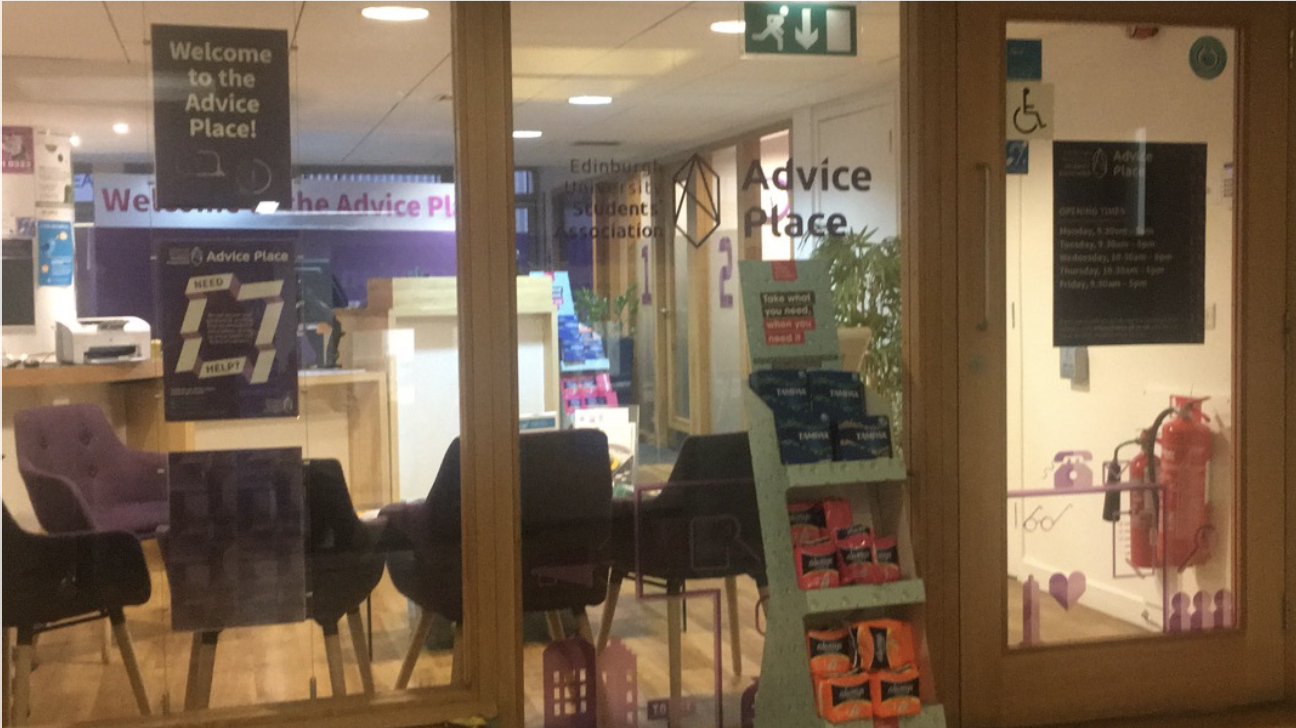Student life at the University of Edinburgh, undoubtedly, has a lot to offer. While we have probably browsed all your options at the academic and society fairs, we often do not give much thought to our mental health. The big shift between school and university proves overwhelming for a lot of students, so you would not be alone if you are struggling to balance it all. Luckily, there are a range of resources to turn to, depending on your preferences.
The Student spoke with Andy Shanks, the Director of Student Wellbeing, as well as Ronnie Millar, Director of the Student Counselling Service and Paddy Corscadden, Director of the Student Disability Service. Through this conversation, it was clear they held great interest in the issue of mental health and dedication in focusing on the mental wellbeing of students.
When it came to discussing what can be done if a student is struggling, Andy’s main piece of advice to any struggling students was to open up and share your struggles. Andy explained that “one of the key messages I give when I’m giving a presentation to students and staff is that if you’re feeling low, uncertain, unsure, unhappy, if you’re feeling like things are falling apart at all, then you must talk to us. You must talk to somebody because I believe firmly that talking about things does help.”
He went on to mention how a lot of students come to university expecting it to be fun all the time, which it can be – but the reality is that it can also be a very lonely and isolating place. Andy also mentioned that 1 in 4 of us will have a mental health issue at some point in our lives, and the ages between 18 and 25 can be a particularly vulnerable time.
In terms of what is available at the university, the discussions with the directors highlighted four main resources for students to turn to.
Big White Wall: Big White Wall is a free online support network available 24/7. It is run by qualified and trained professionals who can offer anonymous support to students, ranging from one-on-one conversations to group support, as well as different clinical tests and self-care techniques. It can easily be found online and simply click ‘Join Us’ on their website and under ‘Organisation’, select ‘Universities and Colleges’. Click ‘Next’ and enter your student email address and choose your username.
Feeling Good App: This is a self-help app run by the NHS providing professional advice on ways to calm the mind and deal with stress, helping with productivity and focus. The app is also free for students and can be accessed by searching for it in your app store and selecting the logo with a blue sky and sun. Once it has been downloaded, use the username ‘edinuni1’ and password ‘positive’.
Workshops: The university holds wellbeing presentations open to all students on a range of topics from anxiety, to mindfulness and time management. They are drop-in sessions, so you don’t need to book, but to find out more details, visit: https://www.edweb.ed.ac.uk/student-counselling/services/life-learning-skills.
Counselling: Finally, if you feel that none of these options will work for you and that you would prefer to talk to someone, counselling could be the next step. The university has a completely free system, and while some of the information on the website can get confusing at times, this is something the mental health directors are working on.
The easiest way to apply for the university’s counselling is online and you should be offered an initial appointment within two weeks. After this, you are eligible for up to ten sessions, or alternatively, you can be directed to another service that best fits your needs.
You can register by filling out an application here: https://www.scsreg.is.ed.ac.uk
Andy, Ronnie, and Paddy all mentioned that there is not one single way to go about seeking help for your mental health. There is not one particular person or place you should refer to, it’s really about doing what you feel most comfortable with, whether that be talking to someone online, on the phone, going to counselling or perhaps just using the advice available on the app. Whatever you decide to do, make sure you take the most out of the university’s resources as they are there to help you!
Image: Lydia Willcocks

